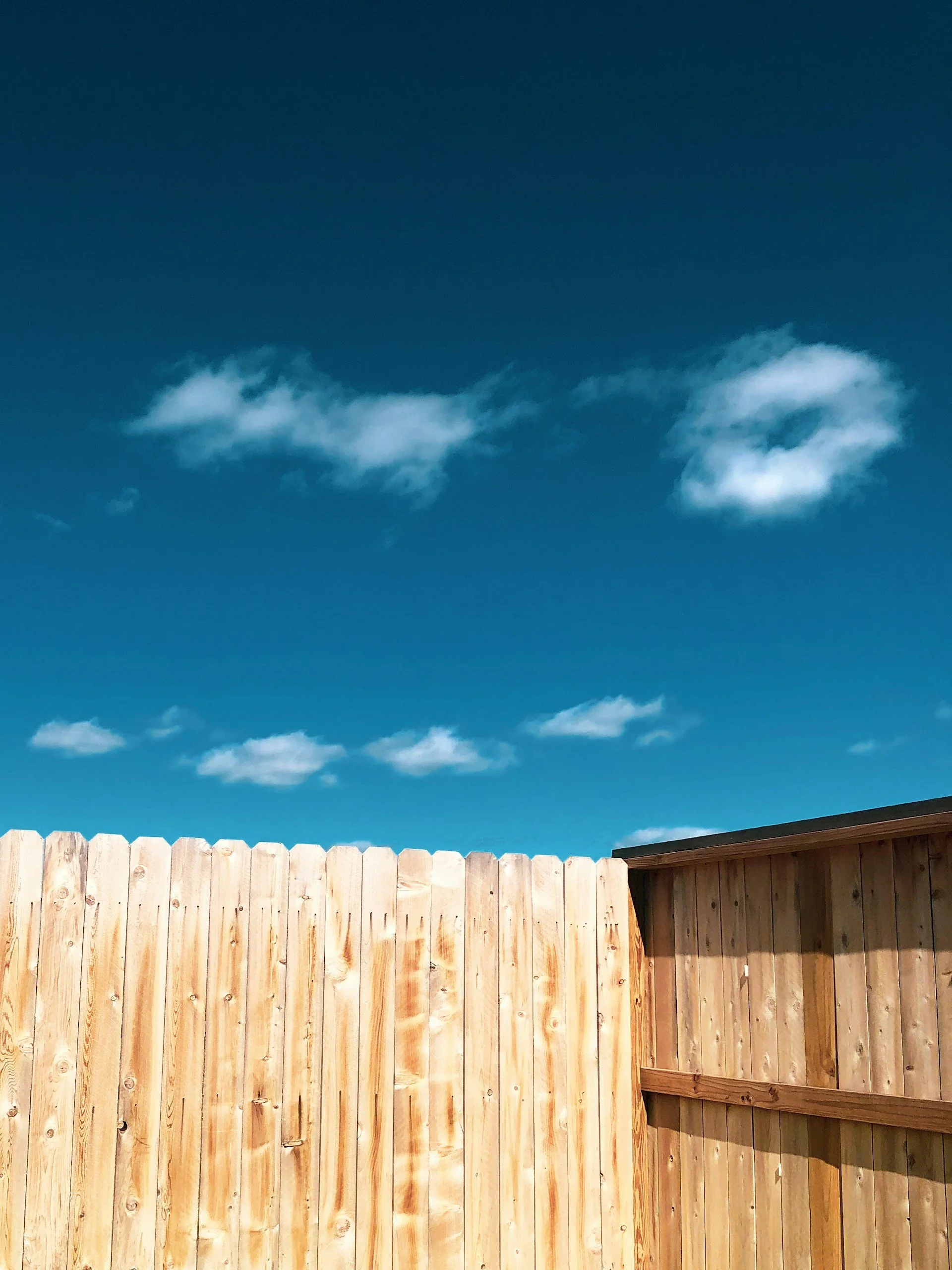Choosing the Right Fence for a Property
Wood and vinyl are more visually appealing and have many styles and finishes.
Fences are both functional and aesthetically pleasing. Picking the right fence will improve security and privacy and boost a property's curb appeal.
Here are some tips for selecting the right fence:
What should the fence do?
Before getting a new fence, think about its purpose. For example, how much privacy is enough? Taller fences, like privacy fences, make the house more secluded but might feel slightly less inviting.
Wood and vinyl are more visually appealing and have many styles and finishes. However, wrought iron and similar sturdy materials are better at keeping intruders away.
Fence materials
Here are some common fence materials and what makes them worthwhile:
Wood is beautiful, versatile, and traditional, but needs attention.
Vinyl is low-maintenance and relatively durable but can be more costly than wood and less eco-friendly.
Aluminum looks similar to wrought iron but is cheaper and needs less maintenance.
Chain link is cheap and durable but doesn't offer much privacy.
Wood is cheaper, but the upkeep might add up, depending on the climate. Vinyl and aluminum cost more, but the lower upkeep makes up for that. Either way, high-quality materials save money on future repairs and replacements.
Fence height and design
Fence height and design aren't always only a matter of choice. Some regional laws and regulations dictate a maximum fence height, usually 6 to 8 feet for backyards. Check for height restrictions, boundary rules, and material restrictions.
Picket fences are shorter and give less privacy but are decorative and unobstructed. Plus, they are traditional and symbolic. Extra touches like lattice and trellis can make the fence more privacy-promoting and support climbing plants. Local homeowners' associations (HOAs) might have extra rules to follow for fence styles and colors. These rules may be more or less stringent, and ignoring them could get you in trouble with the HOA.
Professional installation vs. DIY
Fences are possible to DIY but aren't the easiest to install. Of course, DIY is cheaper than getting a professional involved, but only if the DIY-er has enough skill, patience, and the right tools. Otherwise, fixing mistakes and repairing avoidable damage might cost more in the long run. On the other hand, professional installers guarantee a proper setup, but it will come at a cost. The choice mainly comes down to skill level and expectations.
Get ready for a new fence!
The main points to consider when selecting a new fence are the materials, height, design, and color. None of these factors are one-size-fits-all, and all require careful consideration. Once a homeowner has decided, consider whether DIY is worth it or hiring a local professional might be the better option.
If you're considering a fence or gate project in the Phoenix area, trust Sereno Custom Fence & Gates. We provide wood fences, block wall fences, iron fences, vinyl fences, chain link fences, composite fences, aluminum fences, temporary fences and custom gates for homeowners in the region. For more information call (602) 481-1298 today!

